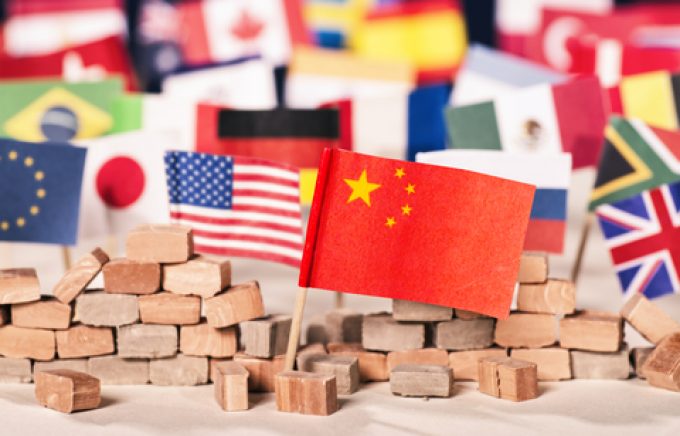Box ship building in China hits new heights with 68.5% of global orders
China has become the undisputed front-runner in containership building, with an orderbook, extending to 2030, ...

China has the capability – but lacks the desire – to “go it alone”, with its long-term goals aligned through partnership with Europe and the US, according to VP for Asia at digital forwarder Forto Eric Reuter.
He was responding to recent public discussion over whether ...
CMA CGM South Korean staff strike over bonuses after bumper 2024 profit
MSC switches two more Asia-Europe port calls from congested Antwerp
CMA airline returns two freighters, while ANA takeover of NCA looms
Nightmare for Bangladeshi exporters as congestion and tariffs bite
Tradelanes: Export boom in Indian sub-continent triggers rise in airfreight rates
Carriers introduce surcharges as congestion builds at African ports
Ports and supply chain operators weigh in on funding for CPB
Box ship overcapacity threat from carrier appetite for new tonnage

Comment on this article